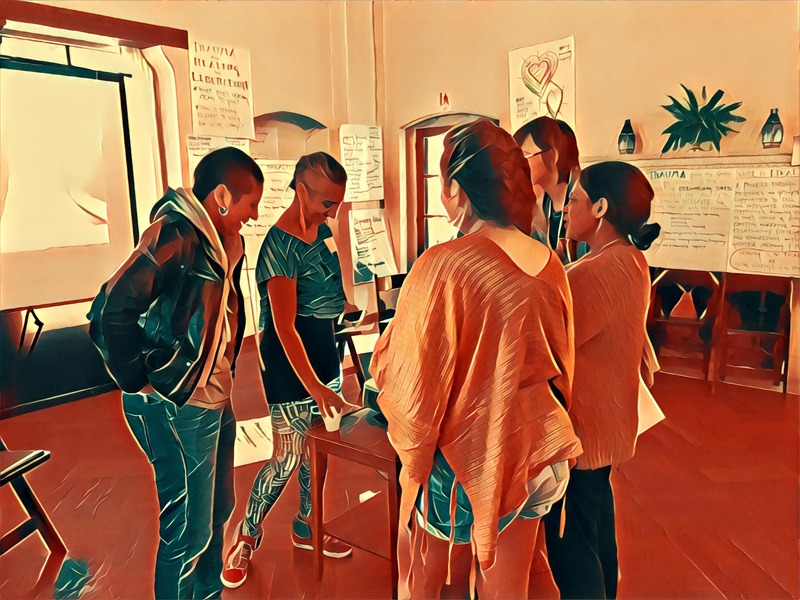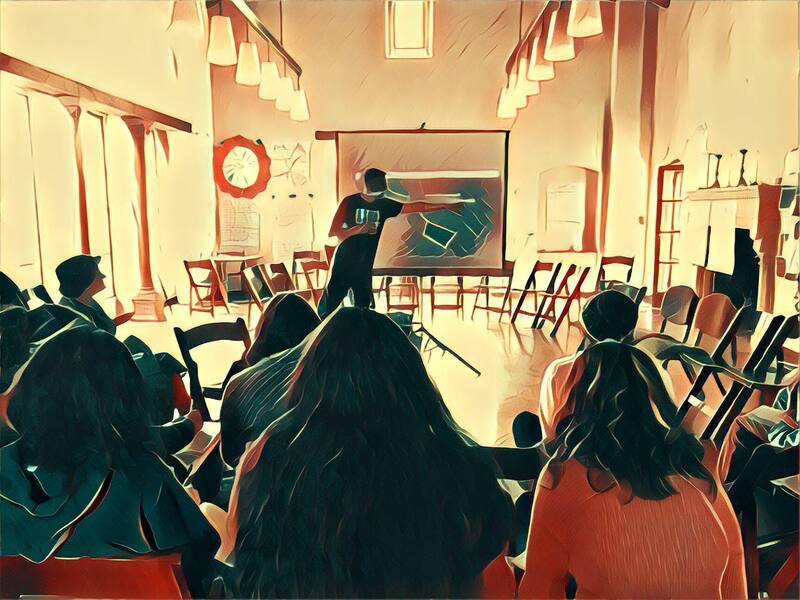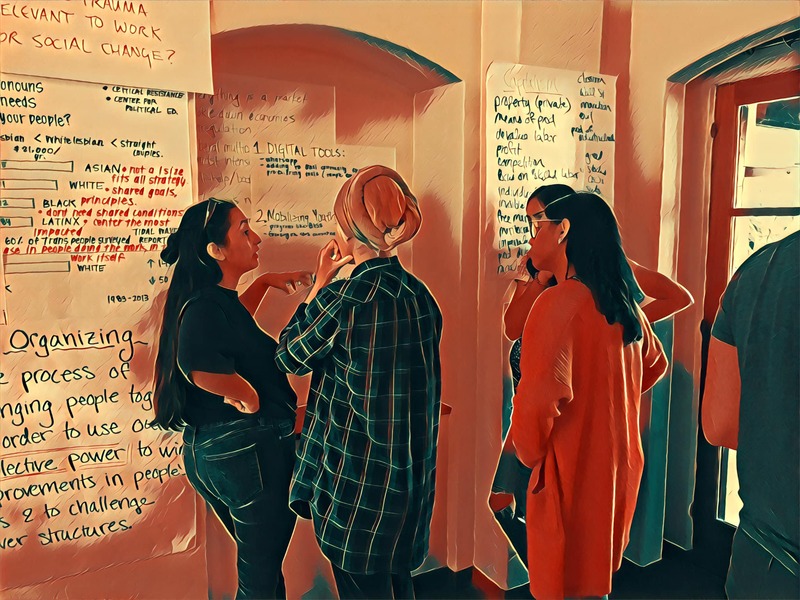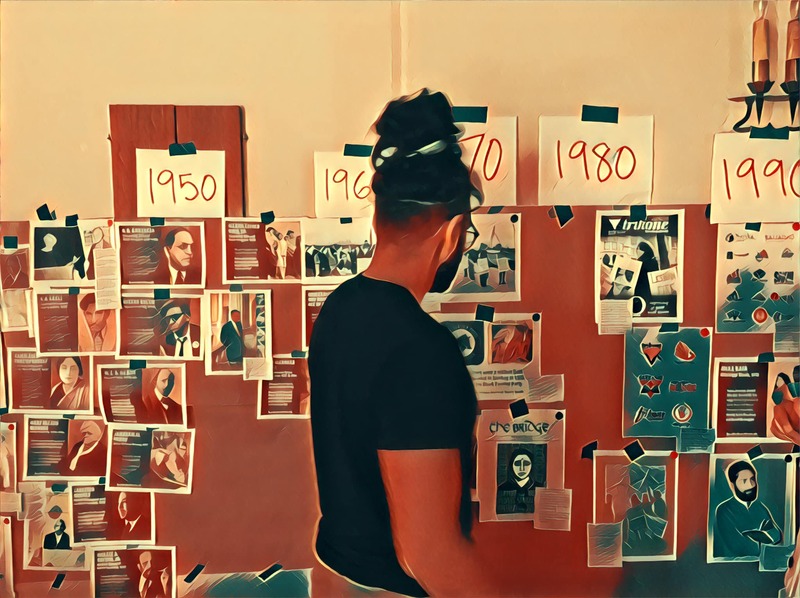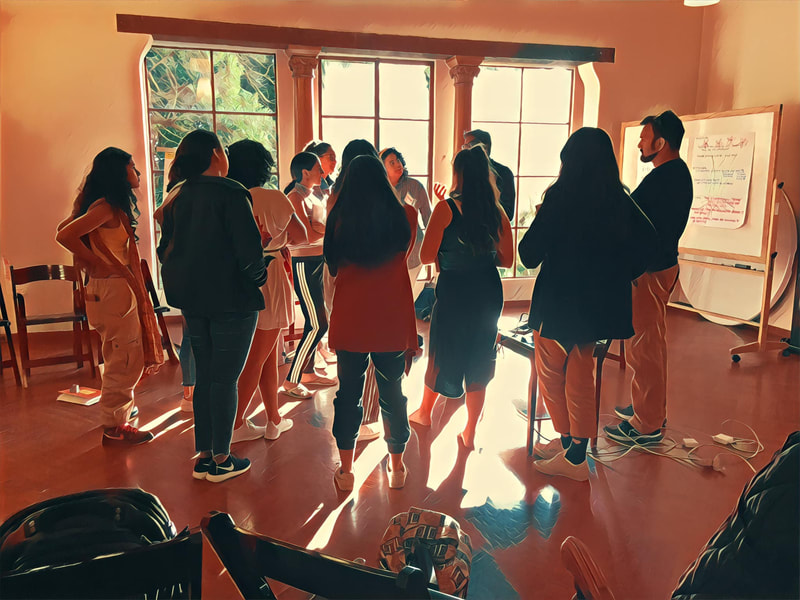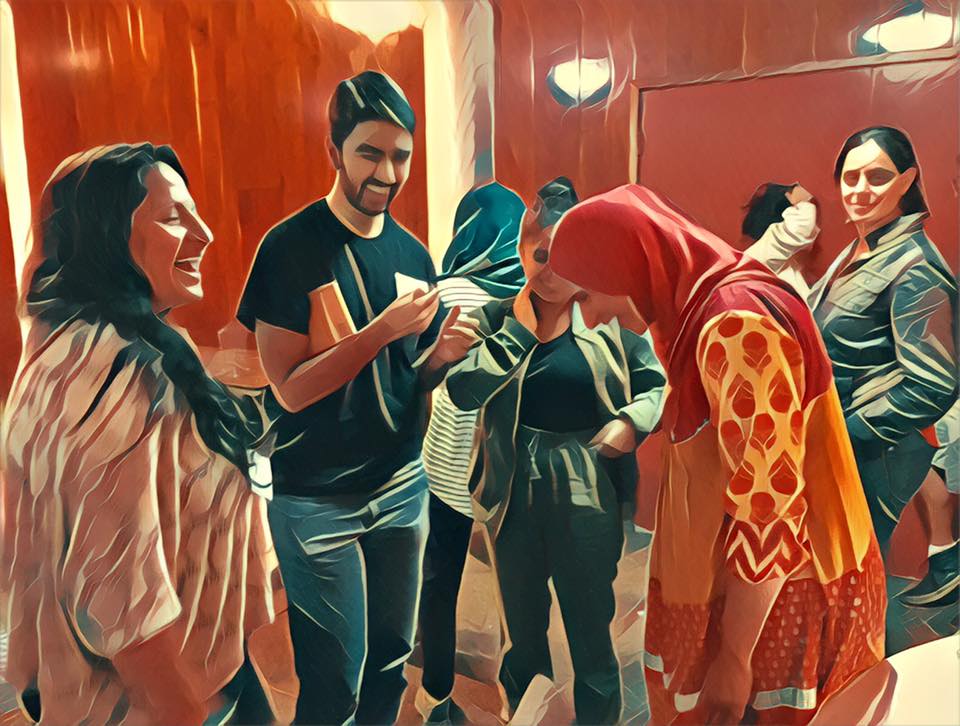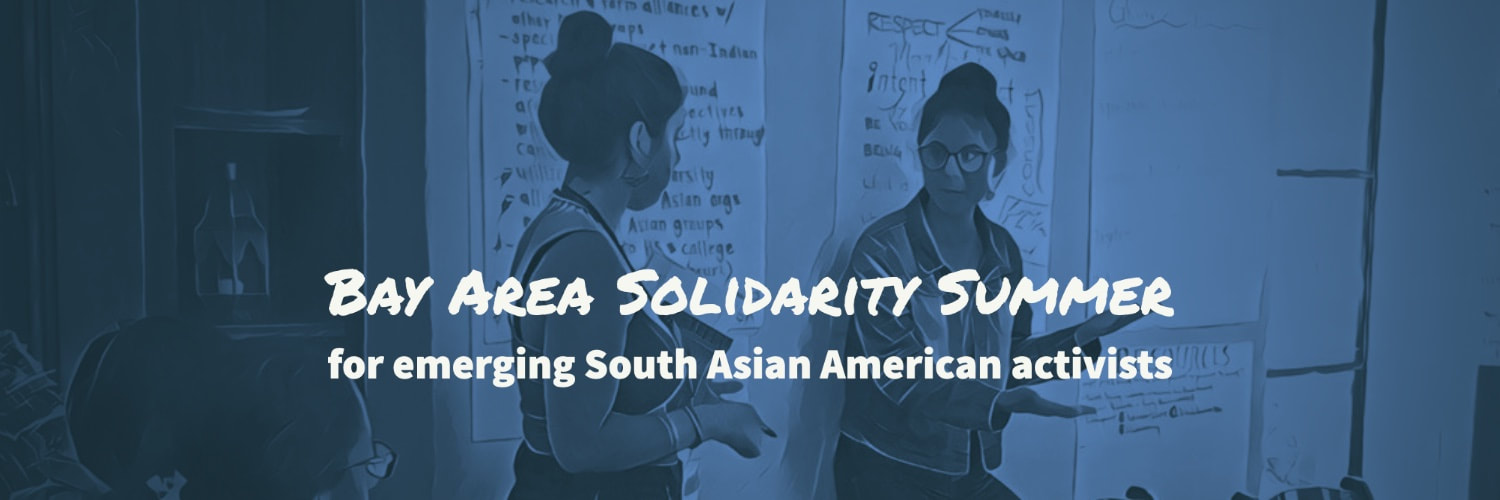Bay Area Solidarity Summer (BASS) is a 5-day political action camp to cultivate South Asian American activists, ages 18–23.
It runs from Wed, Aug 7 to Sun, August 11, 2024. Applications are now closed.
Questions? We're on Instagram and Facebook, or contact us here.
|
Afghanistan • Bangladesh • Bhutan • Burma • India • Maldives • Nepal • Pakistan • Sri Lanka • Fiji • Diaspora
|
|
